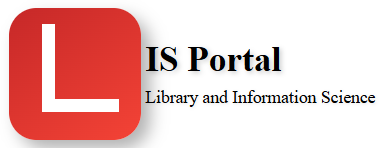Data exchange is the process of sharing information between two or more systems, applications, or entities. It enables the transfer of data from one system to another in a structured manner.
In the context of library and information science, an example of data exchange is the transfer of bibliographic records between libraries. For example, the Library of Congress, the world’s largest library, shares its catalog data with other libraries via the Z39.50 protocol, an international standard for data exchange in the library community. The shared data includes information about books, journals, and other materials, such as author, title, and publication date, which helps other libraries to build and maintain their own catalogs. This allows for a more efficient use of resources and ensures that users have access to the most up-to-date information.
In the context of library and information science, there are several software applications that are commonly used for data exchange:
-
Library Management Systems (LMS): These are software applications that are used to manage and organize the resources and services of a library. Many LMS software systems have data exchange capabilities, allowing libraries to share catalog data, patron information, and other resources between systems.
-
MARC (Machine-Readable Cataloging) software: MARC is a standardized format for bibliographic data that is widely used in libraries. MARC software can be used to create, edit, and exchange bibliographic records between libraries.
-
Z39.50 software: Z39.50 is an international standard for data exchange in the library community. Z39.50 software enables libraries to search and retrieve bibliographic data from other libraries, allowing for more efficient resource sharing and collaboration.
-
OAI-PMH (Open Archives Initiative Protocol for Metadata Harvesting) software: OAI-PMH is a protocol for harvesting metadata from repositories. OAI-PMH software enables libraries to exchange metadata with other libraries and archives, allowing for more efficient resource discovery and sharing.
-
RDA Toolkit: RDA Toolkit is a resource for cataloging data that is used in libraries. RDA Toolkit has data exchange capabilities, allowing libraries to exchange bibliographic data between systems and ensuring consistency and standardization in catalog data.
